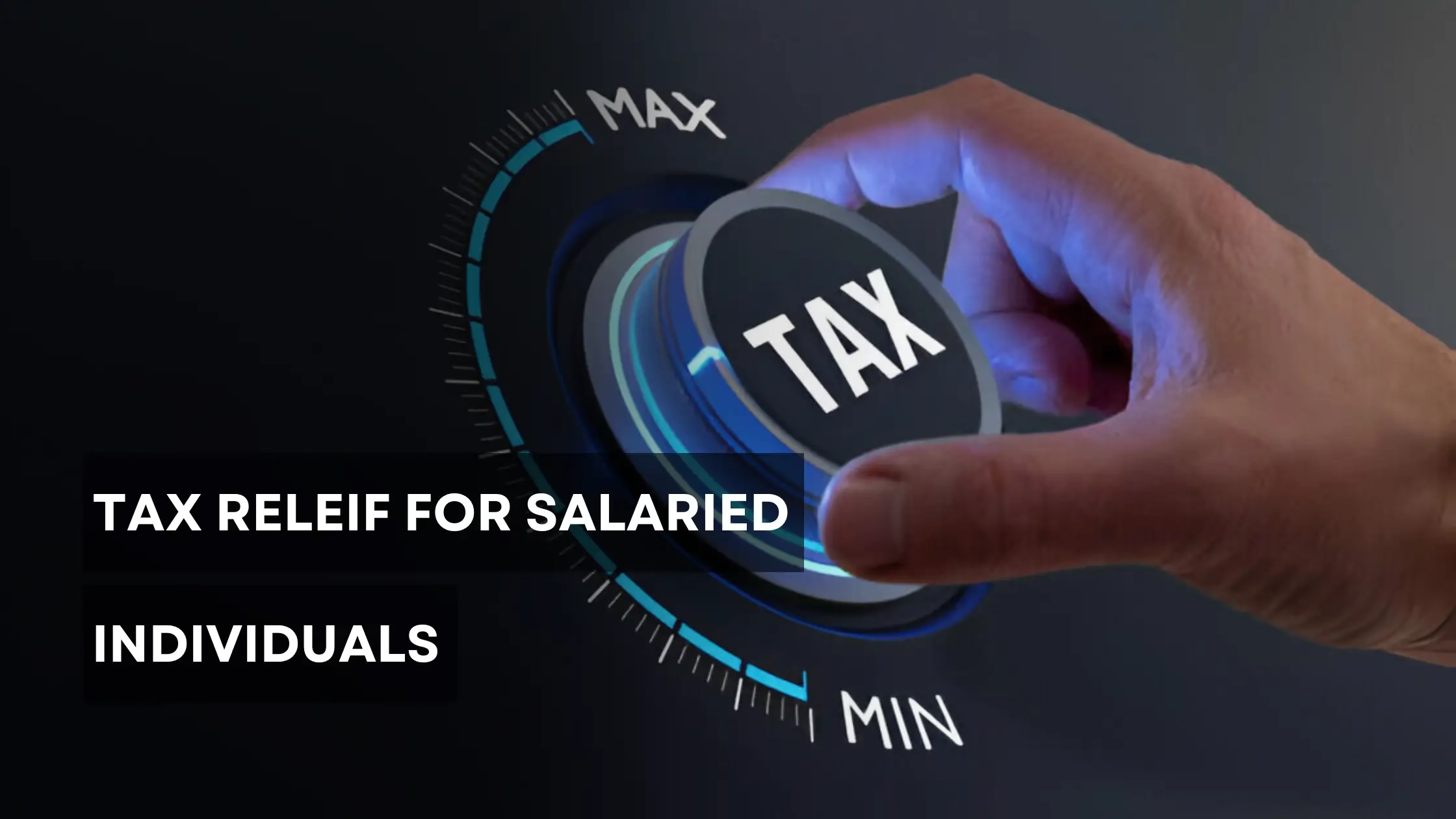As Pakistan evaluates potential tax relief initiatives aimed at salaried workers, the real estate sector stands to gain indirectly from these fiscal changes. The government is contemplating a reduction in income tax rates and a more straightforward tax filing system, which could result in increased disposable incomes for many households. This additional financial flexibility may lead to a heightened demand for residential and commercial properties, stimulating activity within the property market. Such adjustments could encourage more individuals to invest in real estate, ultimately contributing to a revitalization of the sector and fostering economic growth. So let’s deep dig into this ongoing tax relief for salaried individuals proposal.
Current Tax Scenario and Proposed Changes
- Income Tax Rates: The current maximum income tax rate is 35%, which might be lowered to reduce the burden and give tax relief for salaried individuals. This change could enhance the purchasing power of middle-class consumers.
- Tax Filing Simplification: Efforts to simplify the tax filing process aim to reduce compliance costs and increase transparency, which might encourage more people to invest in real estate by clarifying their financial obligations.
Impact on Real Estate Market
Increased Demand for Affordable Housing:
- As people may have more money to spend due to lower taxes, many working individuals could think about investing in affordable housing. Projects like Blue World City near to Chakri Interchange Kingdom Valley near Islamabad International Airport and New City Paradise are set to gain from this shift because they offer some of the best prices in Pakistan.
- These communities are designed with facilities and features that specifically meet the needs of middle-class families, who are likely to benefit from these tax changes.
Stimulating Economic Growth:
- By providing relief through lower taxes or simplified procedures, the government aims not only at supporting individual households but also at fostering broader economic growth. A healthier economy often increases investment across sectors, including real estate.
Real Estate Sector Reforms:
- While tax relief for salaried individuals does not directly address real estate taxation issues like high transaction taxes (e.g., advance income taxes), there is a parallel effort by the Federal Board of Revenue (FBR) to reassess property-related taxes.
- Reducing transaction costs can make property purchases more attractive for both domestic buyers (including those benefiting from salary-related reforms) and foreign investors.
Specific Features of Affordable Housing Options
These affordable housing projects typically offer plots starting from competitive prices—around PKR 400 per square foot—and feature modern infrastructure suitable for residential living with flexible payment plans tailored towards budget-conscious investors.
In conclusion, while direct benefits from proposed income tax changes may not immediately target real estate taxation structures, they can indirectly boost demand by increasing consumer spending power. Meanwhile, ongoing efforts by regulatory bodies aimed at reducing property transaction costs will further support market activity within sectors like affordable housing offered through platforms such as Taz Group’s associated projects.

